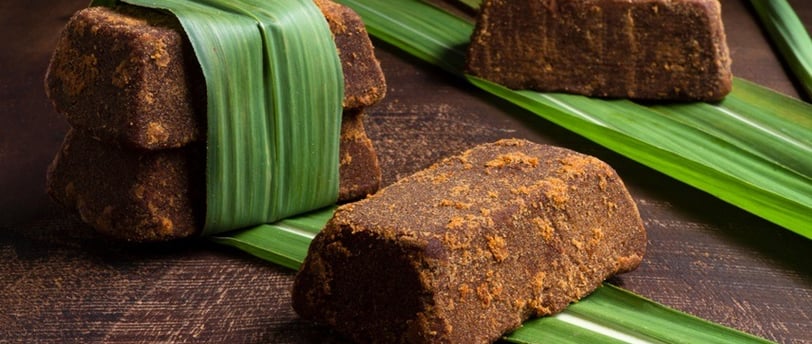The Global Demand for Palm Sugar: Trends and Opportunities in the Market
Global demand for palm sugar is rising due to its natural, healthy qualities and sustainable sourcing. Popular in health-conscious markets, particularly from Indonesia, palm sugar is gaining traction in North America and Europe, setting the stage for global growth.
8/21/20242 min read


The global demand for palm sugar is on the rise as consumers increasingly seek natural and healthier alternatives to refined sugars. Palm sugar, a traditional sweetener derived from the sap of various palm trees such as coconut and date palms, has gained significant attention in the international market. This surge in demand is driven by growing awareness of its health benefits, sustainability, and the desire for more authentic, organic products.
Rising Popularity of Natural Sweeteners
In recent years, there has been a noticeable shift in consumer preferences towards natural and less processed foods. Palm sugar fits perfectly into this trend as it is minimally processed and retains essential nutrients like potassium, zinc, and iron. Unlike refined sugar, which offers empty calories, palm sugar provides a healthier alternative with a lower glycemic index, making it suitable for those managing blood sugar levels. This increasing awareness has led to a growing global market for natural sweeteners, with palm sugar at the forefront.
Growth in Health and Wellness Markets
The health and wellness sector has seen exponential growth worldwide, further fueling the demand for palm sugar. Consumers are more informed than ever about the negative health impacts of excessive sugar consumption, leading them to seek out alternatives that offer both taste and health benefits. Palm sugar, known for its antioxidant properties and nutrient content, is becoming a staple in health-conscious households, as well as in the food and beverage industry, where it is used in products like energy bars, beverages, and healthy snacks.
Sustainability and Ethical Sourcing
Sustainability is another key factor driving the global demand for palm sugar. As consumers become more environmentally conscious, they are prioritizing products that support sustainable farming practices and fair trade. Palm sugar production, particularly in countries like Indonesia, is often done using traditional methods that have a low environmental impact. The industry also supports small-scale farmers and contributes to rural development, making it an ethical choice for consumers looking to make responsible purchasing decisions.
Opportunities in Emerging Markets
The rising demand for palm sugar presents significant opportunities in emerging markets. Regions such as North America and Europe are witnessing an increase in palm sugar imports as consumers and businesses recognize its value. Additionally, the expanding use of palm sugar in the food and beverage industry, coupled with the trend towards organic and non-GMO products, presents lucrative opportunities for producers and exporters.
Conclusion
The global demand for palm sugar is set to continue growing, driven by trends in health, sustainability, and ethical consumption. For producers and exporters, particularly from palm sugar-rich regions like Indonesia, this presents a prime opportunity to capitalize on the market's expansion. By aligning with these trends and emphasizing the natural, healthful, and sustainable qualities of palm sugar, businesses can tap into a thriving global market with immense potential.
Sustainability
From Palm to perfection
email : haekal@palmsugar-worldwide.com
whatsapp :+62 81237212559
© 2024. All rights reserved.
